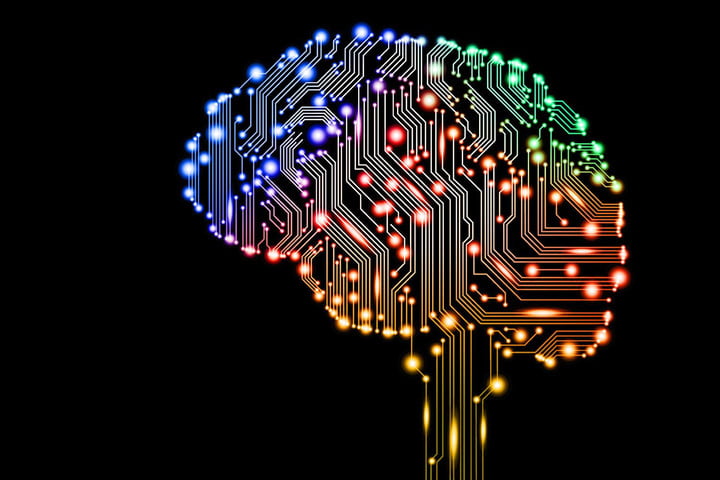Google to fund “humane” AI
October 31, 2018 | Expert Insights

Google will give away $25 million to projects that propose ways to use the artificial intelligence of computers to help create a more humane society.
The grant program announced Monday is part of a broader Google initiative called “AI for Social Good” that aims to ease concerns that advances in artificial intelligence will be militarised and will eliminate jobs.
Background
Artificial intelligence is the development of computer systems that can perform tasks that can otherwise be performed only through human intelligence. This includes but is not limited to visual perception, speech recognition, decision-making, and translation between languages.
Presently, most of the technology focused on Artificial Intelligence is properly known as narrow AI or weak AI. Self-driving cars and Siri are some of the platforms that employ AI (narrow AI). Researchers and experts now believe that humanity is now on the path to creating General Artificial Intelligence (AGI). According to scientists, AGI would be able to outperform humans in nearly every single cognitive task.
Google LLC. is an American multinational technology company that was founded in 1998 by Larry Page and Sergey Brin while they were Ph.D. students at Stanford University, in California. Alphabet declared that it made $3.5 billion in net income and saw sales of $26 billion in the second quarter of 2017. One of Google’s main investments is in the field of artificial intelligence. One of the most successful programmes that have been created with regards to AI is Google’s AlphaGo. Go is a strategic board game that is considered even more difficult than Chess.
In March 2018 it was revealed that the U.S. Department of Defence was using advance artificial intelligence technology from Google to analyse drone footage. The US government is using Google’s advanced artificial intelligence technology to carry out its mission.
Analysis
Google will give away $25 million to projects that propose ways to use the artificial intelligence of computers to help create a more humane society. The grant program announced Monday is part of a broader Google initiative called “AI for Social Good” that aims to ease concerns that advances in artificial intelligence will eliminate jobs and perhaps even be autonomously deployed by militaries to kill people.
Other technology companies have taken similar steps to address ethical issues in AI. For instance, Microsoft has committed $115 million to an “AI for Good” initiative that provides grants to organizations harnessing AI for humanitarian, accessibility and environmental projects.
During a presentation in Sunnyvale, California, Google demonstrated how its AI technology is already being used to diagnose diseases, help people with disabilities, predict areas likely to flood and protect endangered species. Despite commitments like those being made by Google and Microsoft, the specter of AI going horribly awry lingers.
Even as it pledges to do good things with AI, Microsoft is pursuing a massive U.S. military contract that prompted an open letter earlier this month from a purported group of Microsoft employees worried the company might be betraying its own artificial-intelligence principles. Microsoft reaffirmed its resolve to win the military contract in its own blog post last week, promising to address any ethical concerns that may arise if it ends up working on the project.
Google decided not to bid for the same military contract that Microsoft wants after some of its own employees protested. The company concluded the contract, potentially worth $10 billion, didn’t comply with its AI principles, which preclude the technology from being used to “cause or directly facilitate injury to people.” The company’s AI for Social Good program was already in the works before Google employees raised objections about the military contract, said Jeff Dean, a senior fellow overseeing AI.
Google’s non-profit arm will announce the winners of its AI grants next spring at an annual company conference.
Counterpoint
Google’s announcement could be seen as a sign of guilt for its involvement in a controversial Department of Defence (DoD) AI program which involved Google developing an AI system to recognise potential drone targets. The entire grant program can be seen as a positive public relations campaign for integration of AI into society as opposed to it leading to any constructive outputs.
Assessment
Our assessment is that experts and analysts have long warned about artificial intelligence prevalent in law enforcement and military applications. We believe that Google’s new grant program will shift public opinion on the perceived role of AI in society for the better. We also feel that this grant program will support open-source, non-corporate entities who can design an AI for the betterment of society instead of a profit-motive.








Comments